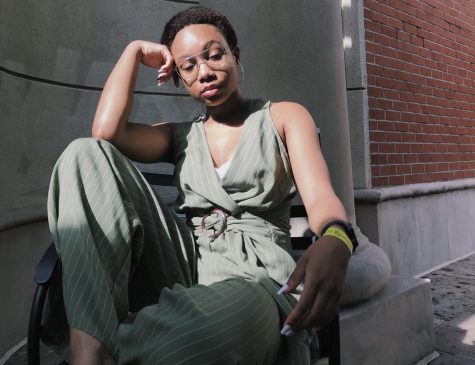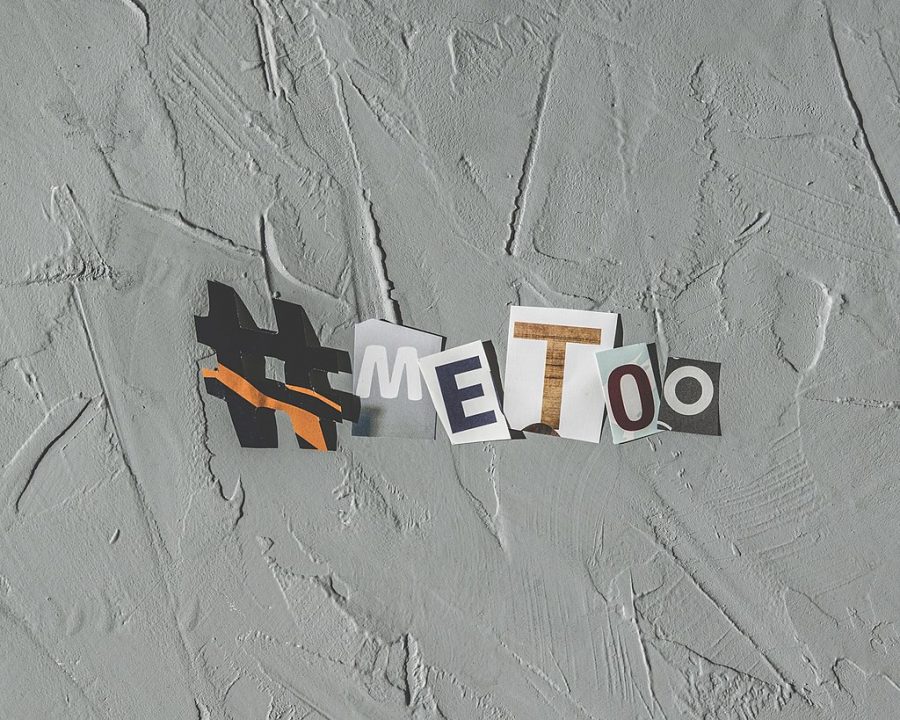South Korea: The Defense of the Desecrated
The release of a notorious criminal has sparked outrage in South Korea, further exposing the issue of the system’s leniency towards sexual criminals.
The #MeToo movement took hold in South Korea in 2018, and since then there has been a push for change in South Korea’s sex crime “punishments”.
TRIGGER WARNING: RAPE
SEOUL— It happened 12 years ago, on the morning of December 11.
The girl was merely eight years old at the time.
Na-young (not her real name) was walking to school when she was kidnapped by Cho Do-soon, a 56-year-old ex-convict, who took her to a restroom in a nearby church and brutally beat and raped her in a manner too graphic to describe in words.
She still suffers from mental trauma and physical injuries to this day.
And now, merely 12 years later—despite the overwhelming backlash and anxiety—on Saturday, December 12th, Cho was released from prison.
The rapist was allowed to return to Ansan—the place where he committed the crime.
His new home is less than half a mile from Na-young’s house, and the neighborhood itself has an elementary school, a high school, a children’s library, and a kindergarten school.
Her and her family swiftly packed their things, despite Na-young having to leave behind not only her close friends, but also her entire childhood.
Cho’s release, made possible by a reduced sentence from an already preposterous 15 years, has re-ignited outrage and a debate over South Korea’s lenient sex crime laws.
He was a criminal with a track record that should have him locked up for several lifetimes: Cho has committed 17 crimes, including the rape of Na-young and bodily injury resulting in death.
Notwithstanding this record, it was Cho’s claim that he was drunk while he kidnapped and raped Na-young, and therefore had no memory of the act, that allowed for a commuted sentence.
“South Korean law is lenient on liquor, as they think alcohol is the least entitled pleasure for the working class,” forensic psychologist Lee Soo-jung of Kyonggi University told Reuters (news organization).
Lawmakers have since proposed a bill that makes child rapists serve mandatory life sentences, but the proposal is greatly overshadowed by the outrage that Cho will be allowed to roam society although he’ll be wearing a GPS tracker.
Protestors lied down in the road in front of a prison in Seoul to oppose the rapist’s release, and as he was taken to his wife’s residence, the normally quiet street was loud with the sounds of protestors hurling eggs, garbage, and insults at his house.
There is a petition for Cho to be kept in prison for life that has gathered over 610,000 signatures and more than 110,000 have signed another demanding continued segregation from society.
Cho’s case is the most widely-acknowledged example of South Korea’s leniency on sex crimes.
In Article 10 (2) of the country’s criminal code, also known as “Sim Sin Mi Yak”, it’s stated that a court can reduce a sentence when a person “who, because of mental disorder, is unable to make discriminations or to control one’s will”. Further, the law “Joo Chi Gam Hyung” states that “substance abuse” impairs a person’s mental state.
The court explained to the public that they believe alcohol had put the man into a temporary psychosis, making it impossible for him to control himself.
In plenty of other sexual assault cases, the court also factors in whether the perpetrator made a credible apology demonstrating remorse and an apology to never repeat such an act.
Another common excuse, often used worldwide, is that such a harsh sentence would ruin a promising young man’s future, and therefore he is deserving of a lighter sentence.
Not that any of these truly hold weight to a society forced to live beside these people, much less the victims who might never recover.
Especially in the case of Cho, who, according to his inmates in local interviews, remains violent.
Additionally, the lack of care to consider victims’ opinions is another arguing point.
“The Korean legal system should care more about victims’ opinions. Where was the victim’s voice when the court ruled 12 years in prison for Cho Do Soon?” said Jung Seung-yoon, a law professor at the Pusan National University, to BBC News.
Cho’s case originally prompted nationwide debate, and even led to an amendment of the law to make it more difficult for drunkenness to be used as defense in court.
However, this judgement is at the court’s discretion.
In October 2019, a 26-year-old male had his sentence reduced from three years in prison to four years of probation for sexually assaulting a college student due to his defense arguing he was drunk at the time.
In the context of South Korea’s leniency on sex crimes in general, in April 2020 a 24-year-old man named Son Jong-woo was released just after 18 months in jail for running the world’s largest dark net child pornography website. The US Justice Department’s request to extradite him was denied in July.
The only evidence that this slap-on-the-wrist sentencing is subject to change is the case of Cho Joo-Bin.
In November, Cho was sentenced to 40 years for operating the infamous “Nth rooms,” a network of underground online chatrooms that trafficked images of child rape and sexual exploitation.
While much less than the life sentence prosecutors sought after for the 25-year-old sadist—whose millions won in cryptocurrency tormented over 76 people, including 16 who were underage—it’s progress.
Even still, majority of the credit goes not to the courts, but to the women’s groups and other civic organizations who placed pressure on them.
Regardless, hope must be held that South Korea is aspiring to be safer and fairer than once upon a time.

Zenobia is a senior in her 3rd year of Newspaper. She's the Online Editor and Copy Editor. She plans on carrying her love of writing over to Howard University,...



